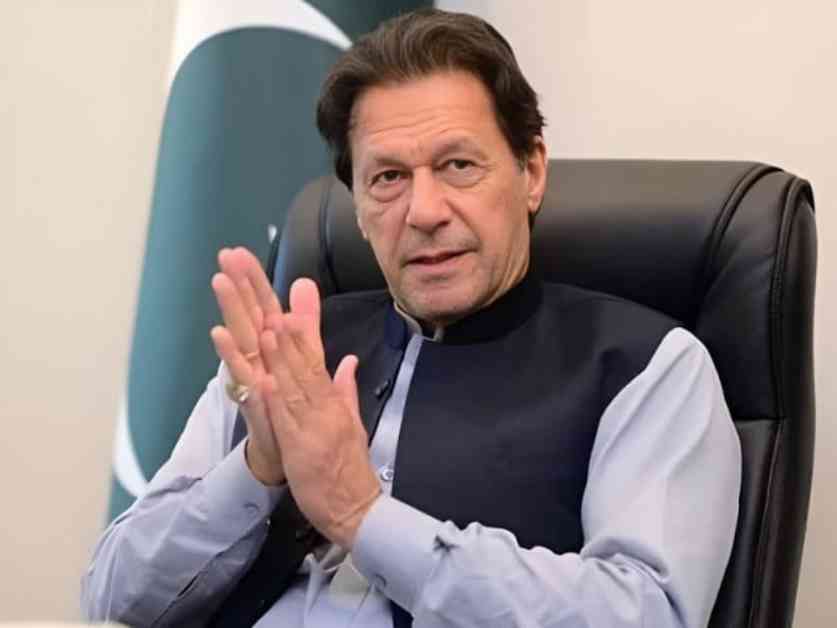Imran Khan Urges Overseas Pakistanis to Boycott Remittances for Political Solidarity
Former Prime Minister Imran Khan, currently serving a jail sentence, has once again stirred political tensions by calling on overseas Pakistanis to boycott sending remittances. This move comes as his party, Pakistan Tehreek-e-Insaf (PTI), clashes with the government, escalating an already contentious situation.
In a recent post on social media, Khan emphasized the importance of political solidarity among overseas Pakistanis. He stated, “Sending money to this government strengthens the very hands that are tightening the noose around your necks.” This call for a boycott aims to exert pressure on the current administration and make a statement against alleged injustices.
Nationwide Demonstrations Planned for Feb 8
In addition to the remittance boycott, Imran Khan has also called for nationwide demonstrations on February 8, marking the 2024 elections as a “Black Day.” PTI claims election rigging by the caretaker government and the Election Commission of Pakistan, a notion both entities reject. This move is set to further intensify the ongoing political turmoil in the country.
Khan’s social media posts urged citizens to come together for protests, with specific instructions for different regions. People from Khyber Pakhtunkhwa and northern Punjab were asked to gather in Swabi, while others were encouraged to hold demonstrations in their respective cities. This call to action highlights the PTI’s determination to challenge the status quo and demand justice.
Recent History of Protests and Political Standoff
The breakdown in talks between the government and PTI last month has heightened tensions, with the PTI refusing to engage in negotiations without judicial commissions to investigate protests that occurred on May 9, 2023, and November 26, 2024. The May 2023 protests allegedly involved vandalism of military installations by Khan supporters, while the November 26, 2024 demonstrations demanded Khan’s release.
Information Minister Ataullah Tarar criticized PTI for abruptly ending negotiations, labeling the decision as hasty. The government’s negotiation committee is expected to formally respond to PTI’s demands on January 28, indicating a potential for further dialogue or confrontation.
Imran Khan’s Legal Battles and Political Exile
Imran Khan’s ousting in 2022, following a reported fallout with the country’s top generals, marked a turning point in his political career. Since August 2023, he has been embroiled in multiple legal battles and imprisoned on various charges, which he claims are politically motivated to sideline him from power. Despite some acquittals and suspended sentences, Khan recently received a 14-year prison term in a land corruption case.
All legal proceedings against Khan have taken place within the confines of a prison due to security concerns, underscoring the high-stakes nature of his legal battles and political exile. The complexities of his situation have drawn widespread attention and raised questions about the state of democracy and justice in Pakistan.
Economic Implications of Remittance Boycott
Remittances from overseas Pakistani workers, particularly from countries like Saudi Arabia, the UAE, the US, and the UK, play a vital role in Pakistan’s economy. Any significant impact on remittance flows due to the boycott urged by Imran Khan could exacerbate the country’s already fragile financial situation. Analysts warn of potential economic consequences if remittance inflows are disrupted, highlighting the interconnectedness of political actions and economic realities in Pakistan.
In conclusion, Imran Khan’s recent calls for a remittance boycott and nationwide demonstrations have deepened the political divide in Pakistan and raised concerns about the country’s democratic processes and economic stability. The unfolding events underscore the complex interplay between politics, law, and economics in shaping the nation’s future.









